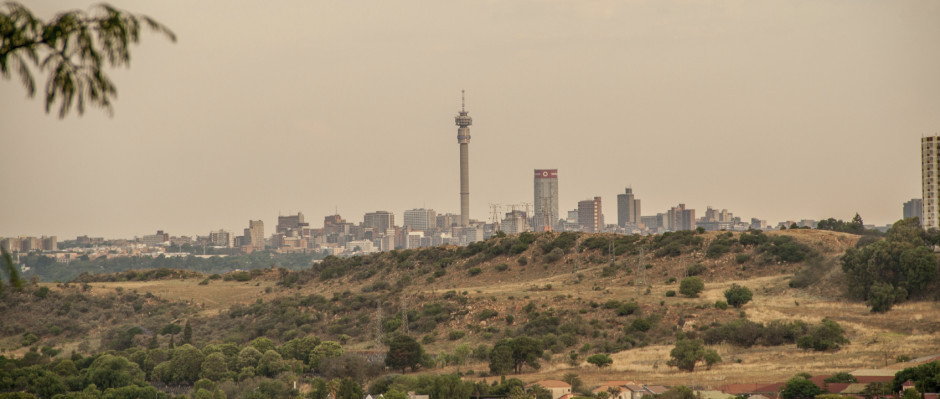Living the Urban Periphery: Investment, Infrastructure and Economic Change in African City-Regions

The peripheries of cities are playing an increasingly important role, particularly in sub-Saharan Africa, where the majority of future growth is likely to be concentrated on the urban fringe. However, current research on these areas remains underdeveloped, leaving decision makers with a limited evidence base to draw on when designing policy.
Living the Urban Periphery: Investment, Infrastructure and Economic Change in African City-Regions aims to enhance understanding on the specific challenges of these spaces, drawing out the complex intersections of governance, investment and planning at play. Concentrating on two city-regions in South Africa (Gauteng and eThekwini) and one in Ethiopia (Addis Ababa), the project will explore the lived experiences of residents in seven case study settlements.
By extending the focus to examine the complex social realities of issues such as housing, mobility and services, the research will provide an innovative evidence base on the drivers of change and growth in the urban periphery. These findings will be invaluable for local governments, communities and other groups seeking to support development and poverty reduction in these areas.
Paula Meth (PI, Senior Lecturer in Town and Regional Planning)
Tom Goodfellow (Lecturer)
Alison Todes (Professor of Urban and Regional Planning)
Sarah Charlton (Senior Lecturer)
Phil Harrison (South African Research Chair in Development Planning and Modelling)
Margot Rubin (South Africa)
Richard Ballard (Researcher)
University of Sheffield
Gauteng City-Region University (GCRO)
Wits University
Multiple publications including journal articles, working papers and pamphlets.
Series of dissemination workshops.
Development of a project website and other media platforms.
Living the Peripheries: Key Findings
24 July 2019
Methodologies of the Urban Periphery: Defining and Research Urban African Peripheries
15 September 2017